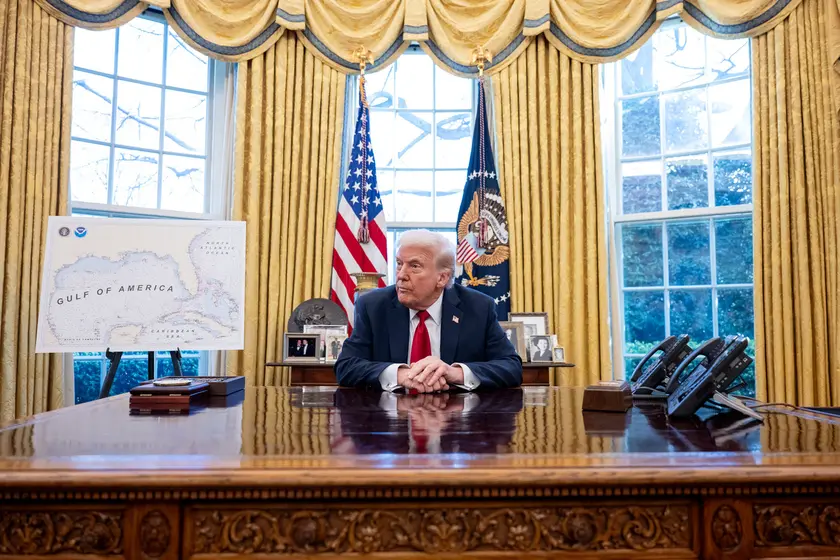T4K3.news
Trump pushes Armenia and Azerbaijan peace pact with US transit corridor
A peace framework would grant exclusive US rights to a transit corridor in the South Caucasus and name the route after the president.
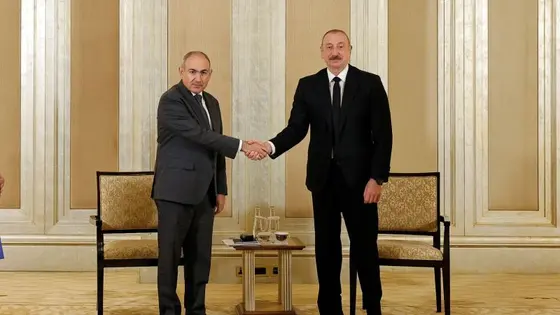
President Trump hosts Armenia and Azerbaijan to finalize a peace framework that would grant the United States exclusive development rights to a key transit corridor in the South Caucasus and name the route after the president
Trump pushes Armenia and Azerbaijan peace pact with US transit corridor
The agreement would give the United States exclusive development rights to a critical transit corridor in the South Caucasus and name the route after the president. The corridor would be governed by Armenian law and land would be leased to a private consortium for construction and management. White House officials say the move would improve connectivity and expand trade, transit and energy flows.
Negotiations will set up a TRIPP negotiating team and begin formal talks next week over which operators would run the corridor. Nine candidates have reportedly shown interest. The pact also asks the parties to disband the Minsk Group, a long running mediator between Armenia and Azerbaijan. Officials frame the deal as a milestone in US diplomatic influence, while critics warn of sovereignty concerns and the risks of letting branding drive policy.
Key Takeaways
"This will allow unimpeded connectivity between the two countries while respecting Armenia, sovereignty and territorial integrity and its people."
Kelly on connectivity and sovereignty
"Working groups will launch immediately to fully implement the details of the roadmap over the coming months. By locking in this path to peace, we are unlocking the great potential of the South Caucasus region in trade, transit, and energy flows."
Official on timeline and benefits
"What President Trump is going to sign today is a directive to set up the TRIPP negotiating team."
Official on TRIPP team formation
"This entire area has been shrouded in Russian language and Russian domination for many, many years. What President Trump has done is he has taken the politics out of the picture and made common sense available."
Official on regional dynamics and policy approach
The move blends diplomacy with branding. Naming a corridor after a president signals a narrative that goes beyond policy details. That branding could help rally support at home but may complicate legitimacy in the eyes of regional actors and international law.
The strategic stakes are high. A US controlled corridor could tilt regional power balances and invite pushback from Russia and others. The deal tests the line between soft power and hard leverage, and it will hinge on transparent governance and clear economic gains for local people.
Highlights
- Peace is more than a name it must be a plan in action
- Branding a deal can complicate turning promises into payoffs
- The next steps will show if promises translate into reality
- The corridor could reshape power in the South Caucasus
political risk in new transit deal
The pact ties a US exclusive transit corridor to a branding effort by a former US president and could trigger domestic or regional backlash if implemented without transparent governance. It also raises questions about sovereignty and the use of branding in diplomacy.
The coming months will reveal whether this moment becomes enduring stability.
Enjoyed this? Let your friends know!
Related News
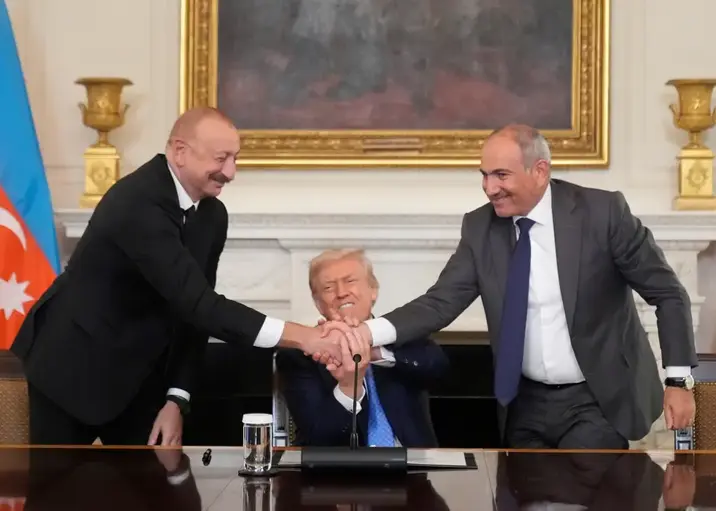
US links transit route to leverage in Caucasus
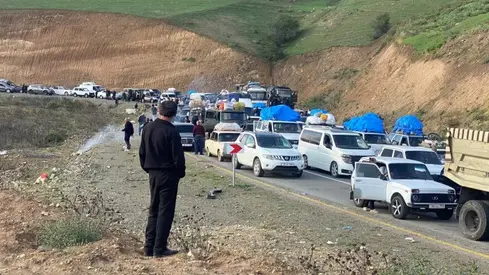
Trump Route linked to Caucasus peace talks
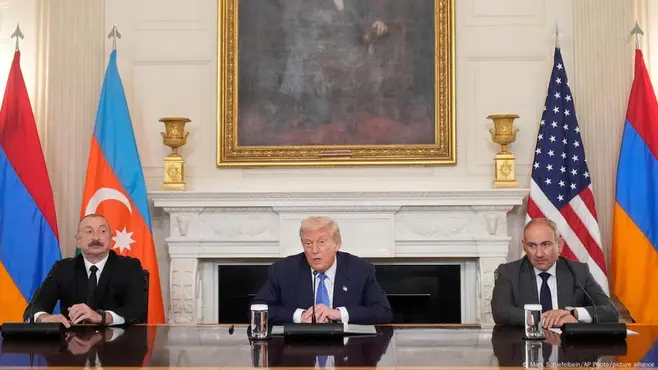
Caucasus peace deal signed
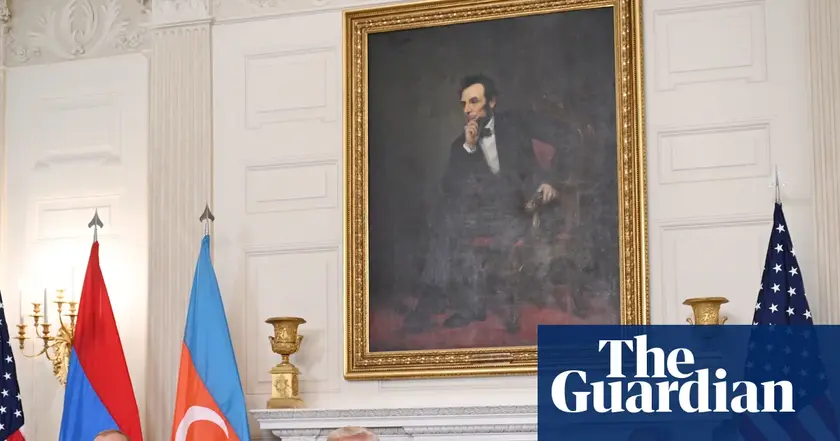
US corridor reshapes regional influence in Caucasus
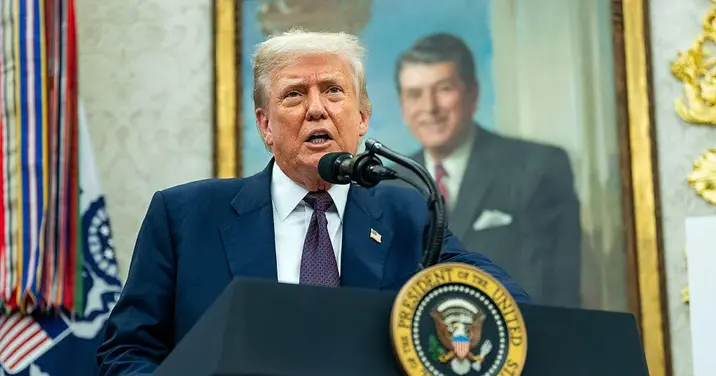
Trump to announce peace deal between Armenia and Azerbaijan
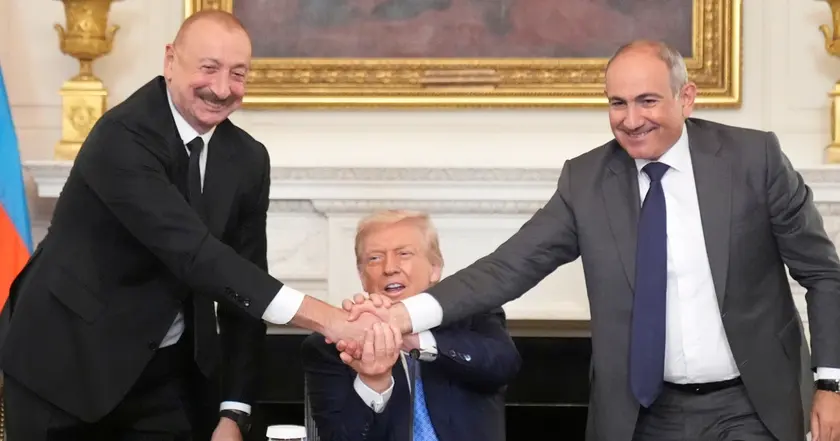
Peace deal signed at White House
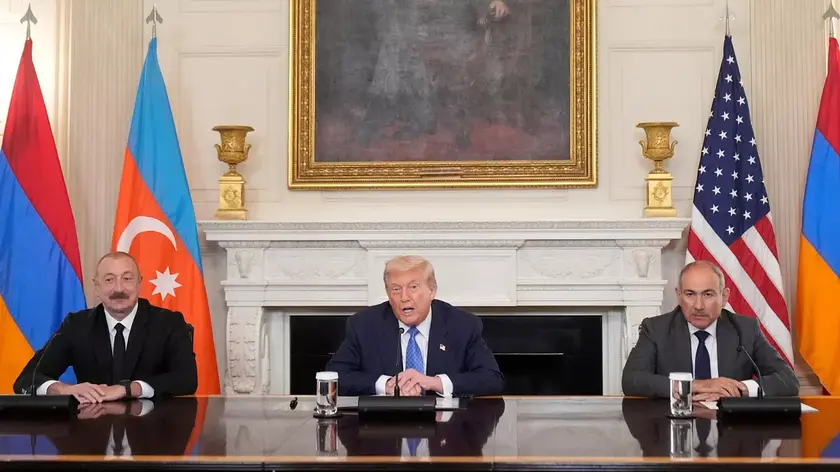
Peace agreement signed in Washington
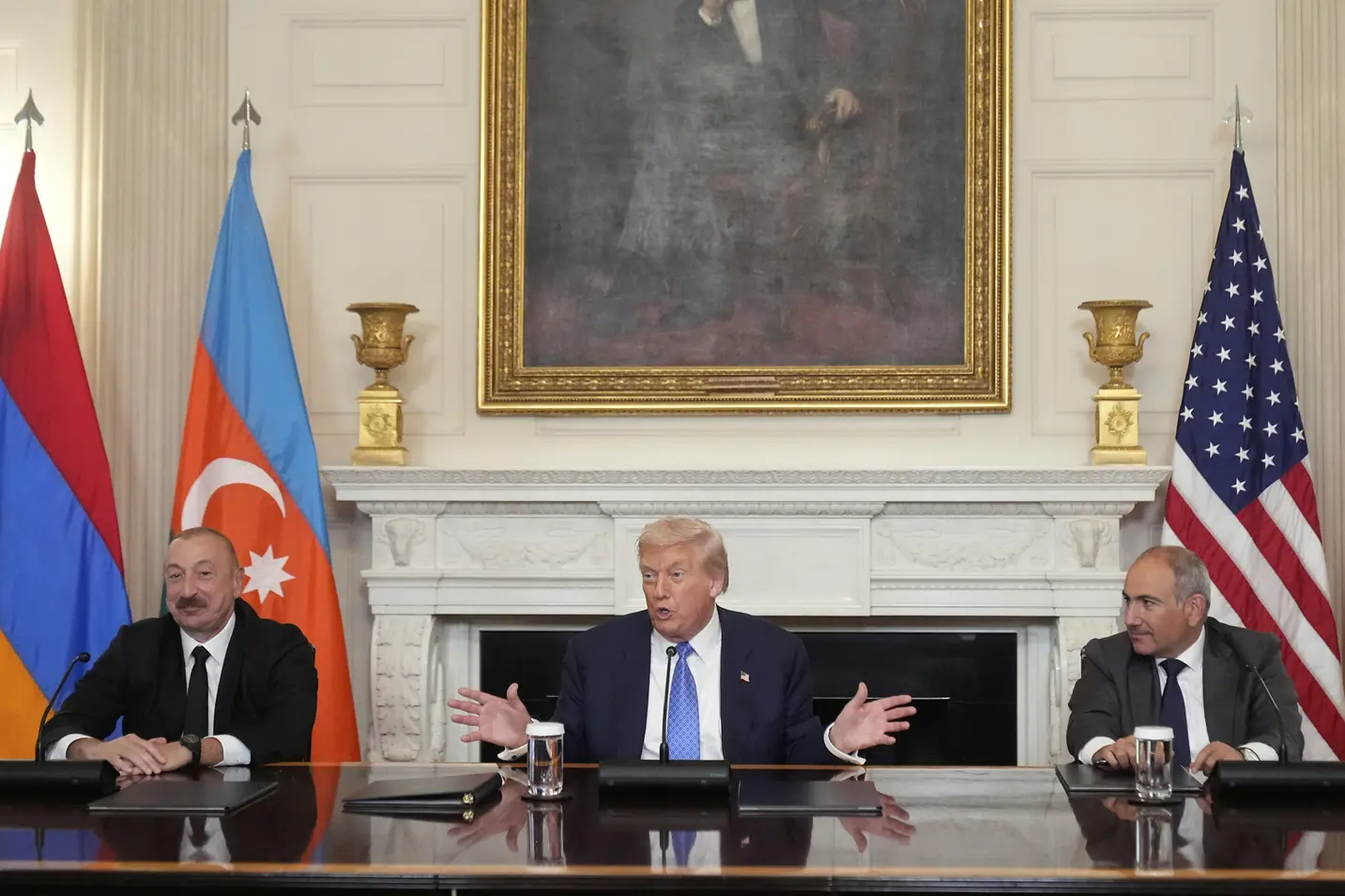
Iran threatens Trump corridor in peace deal
